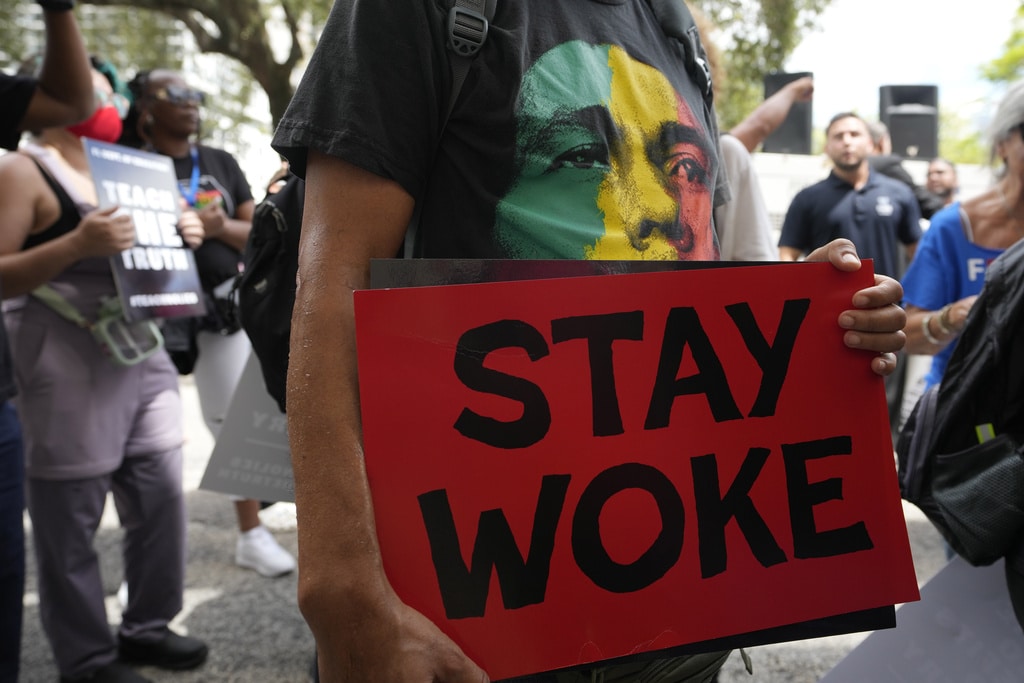In a world where books published before 2008 are suddenly treated like ancient relics, it begs the question: Is Year Zero Redux sneaking into our school libraries? While we ponder this perplexing phenomenon, let’s not forget that even Harry Potter may have fallen victim to the “outdated” label. More on this below. Keep reading.
In the realm of education, the concept of Year Zero isn’t just a distant historical chapter; it’s a controversial approach that echoes in the present. Year Zero, originally an idea put into practice by Pol Pot in Democratic Kampuchea, advocated for the complete eradication of existing culture and traditions within a society, to be replaced by a revolutionary culture built from scratch. This concept suggests that all history and traditions predating Year Zero are essentially irrelevant, deemed unworthy of preservation, and meant to be purged and replaced entirely.
Year Zero: A Historical Perspective
Year Zero, as implemented by the Khmer Rouge in Cambodia, was a radical attempt to erase history and reset Cambodian society to a zeroth year. Its primary goal was to eliminate any vestiges of the past, essentially creating a tabula rasa upon which a new society could be constructed. The consequences of this experiment were devastating, resulting in the infamous Cambodian Genocide, which left a scar on history that can never be erased.
The Current Scenario: Missing Books
Fast forward to the present, and we find echoes of Year Zero in an unexpected place: the school library. In Mississauga, Ontario, students like Reina Takata have been experiencing a gradual disappearance of books from their public high school library, Erindale Secondary School. What was once a library full of books has transformed into a barren space with rows of empty shelves.
Reina Takata, a Grade 10 student, estimates that more than 50 percent of her school’s library books have vanished. The reason given for this alarming development was shocking – students were informed that all books published before 2008 had to be removed. It was as if the school’s library was going through its own version of Year Zero.
The Equity-Based Book Weeding Process
This abrupt culling of library books was not an isolated incident. It was part of an equity-based book-weeding process introduced by the Peel District School Board (PDSB) in response to a directive from the Minister of Education. The intention behind this process was noble: to ensure that library books were inclusive and representative of diverse voices. However, the unintended consequence has left many parents, students, and community members perplexed and concerned.
The Unintended Fallout
The crux of the issue lies in the seemingly inconsistent approach to this weeding process. Many schools, including Erindale Secondary School, removed thousands of books solely because they were published in 2008 or earlier. This has raised questions and eyebrows among students and parents alike. Why were these books removed, and what is the justification for such drastic action?
Seeking Answers and a Way Forward
As the empty shelves in school libraries reflect the fallout of this well-intentioned but flawed process, students and parents are left looking for answers. They want to understand why books, regardless of their content and relevance, were removed solely based on their publication date. Moreover, they are keen to know what the Peel District School Board plans to do moving forward to rectify this situation.
My Final Take: Who knew that the year 2008 was the magical threshold for book relevance? If only the library shelves could talk, they’d probably be muttering, “Ah, the good old days when books had to be at least a decade young to be considered useful.” It seems like even the Sorting Hat couldn’t predict this peculiar turn of events in our libraries. But hey, who needs diverse literary voices when we can just pretend the past never happened? Cheers to the Year Zero Redux in our school libraries!








